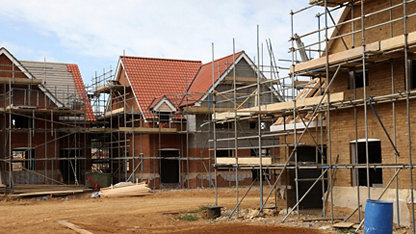Despite two periods of economic downturn over the last two decades - the global financial crisis and the COVID-19 pandemic – housing prices in Europe have continued to rise. We present an assessment of the long-term developments in household expenditure across the EU28 and the impacts of these crises on house price trends.
Safe, healthy and affordable housing satisfies several physical and psychological human needs. When housing costs increase, many households must reduce their expenses in other areas, such as entertainment and leisure, but also education, food and utilities. Thus, changes in housing costs can impact across different sectors of the economy.
This research explores the links between housing costs and the last two global macroeconomic crises, i.e. the global financial crisis of 2008 and the COVID-19 pandemic. Data from Eurostat was used to compare trends in GDP, household expenditure on housing, and house prices in the context of European countries.
The results show that both house prices and household expenditure on housing have steadily increased across Europe in the last two decades, except in the years after the 2008 crisis. Conversely, although it is too early to see its effects on household expenditures, the economic crisis caused by the pandemic seems to have increased housing prices. While this suggests that the residential real estate market has been resilient in the recent crisis, it also highlights the need for housing and welfare policies to support households, rather than austerity measures.
Published date: 16 November 2021












